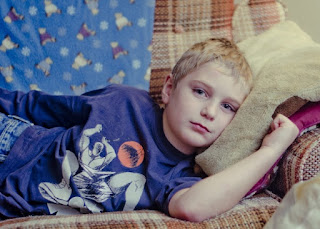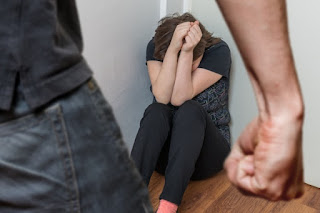Domestic violence does not only affect the partner being
abused; it can also pose serious effects on any children living in the home. As
you already know, exposure to domestic violence poses a serious threat to a
child’s psychological and physical well-being. Whether a child is exposed to
the act of domestic violence through physical abuse or by observation, they can
become emotionally traumatized – and eventually, desensitized to the abuse.
Research has proven that many perpetrators of domestic
abuse have either been abused as children or witnessed abuse at home. While
domestic violence can affect children in different ways, the exposure is
typically traumatic.
Domestic violence can have the following effects on a
child:
·
Constant fear and anxiety
·
Nightmares and sleeplessness
·
Aggression
·
Difficulty concentrating
·
Depression
·
PTSD
Both long and short-term effects of domestic
violence can be prevented when there is intervention from resources such as
social workers and educational programs. However, these resources will be less
than helpful if the violence continues. Domestic abuse counseling or anger
management courses will be required for the perpetrator. To lead you and your
child on the right path to a healthy, fulfilled life, learn more about our online
anger management course today at AmericanIntegrityCourses.com.


